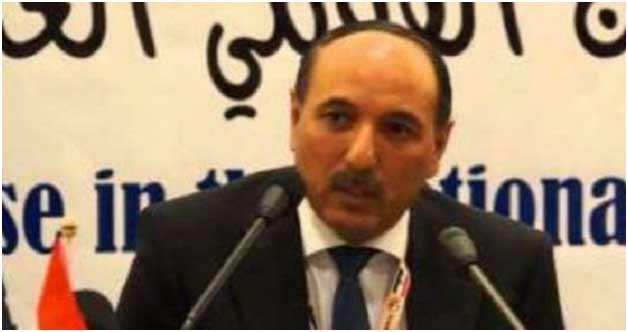
Ahmed Mola Nissi
The right to life, liberty and security of person have been asserted under Article 3 of the Universal Declaration of Human Rights, Article 6 and 9 of the International Covenant on Civil and Political rights (ICCPR) and Article 2 of the European Convention on Human Rights. Without a doubt, the right to life is one of the principal rights in comparison with all other human rights. In other word, the rest of the civil, political, economic, social and cultural rights add value and quality to the existence and life of each individuals. Without protecting the right to life, the aforementioned privileges become insignificant due to the fact that the violation of the right to life can never be redressed. The Human Rights Committee which is responsible for the implementation of the provisions of the ICCPR describes the right to life as “the supreme right from which no derogation is permitted even in time of public emergency”
With regard to responsibility towards protecting the life of individuals, many of international and regional conventions proclaim that all states must take all necessary steps to guarantee the safety and security of lives within their territory. Therefore, states cannot be passive and must impose criminal legislation and other pledges to demonstrate they are actively safeguarding the right to life of those people under their jurisdiction. In addition, states should undertake measures to guarantee the comprehensive investigation of any loss of life in an open and transparent manner.
The purpose behind the establishment of police and judiciary system is to maintain law and order and to investigate and prevent the loss of life in the country in question. However, the extent in which the state can and should protect the life of its citizen against criminal behaviour is a matter of discussion and a court should decide in each separate and specific case to determine whether the authorities such as police took all necessary steps to prevent the loss of life or not.
To demonstrate that we will look at the Akkoc v Turkey case. In this case, Mr Akkoc a Kurdish member of an illegal Trade Union was brutally killed after death threats were made against him and his wife repeatedly. The couple had reported to police the threat and asked for protection before the deadly shooting. The European Court of Human Rights concluded in this case that the right to life has been violated by the state of Turkey since the Turkish police did not take appropriate measures to prevent the victim from being killed.The European Court was of the view that Akkoc’s life was in absolute and direct danger which the authorities in Turkey did not take it seriously. Furthermore, the court found that a twelve-days investigation, with lake of testimony is completely inadequate and incomplete which as a result infringing the right to life of the victim.
Considering the recent killing of Ahmed Mola Nissi the Ahwazi political leader in The Hague, the decedent and his family informed the Dutch police that they had received death threats from Iranian intelligence Service to stop his political activities against Islamic Republic of Iran. However, Mola was killed by gunshot to his head and chest in front of his house andfamily.
The victim’s family should follow the legal procedure and to report the violation of human rights, in this case the right to life of Ahmed Mola Nissi to the concerned entities. First, to contact the police and intelligence services in the Netherlands since they have failed to comply with their duties to secure the life of the victim and try to find solution through the complaint committees of police and other security bodies if applicable.
Secondly, if the victim’s family could not successfully reach an agreement with the responsible body for the perceived violation of right to life, the family could complain to the National Ombudsman organisation which deals with government compliance and monitors the alleged violation of human rights by government. The final stage is to bring the case to court. If the result of the Netherlands national courtwas undesirable and the victim’s family are believed that their human rights were breached, they can present an appeal with the European Court of Human Rights in Strasbourg.
Abdulrahman Hetteh is a Specialist in the Field of International Law and Human Rights
References:
Akkoc vTurkey, 2000, Nos 22947 and 8/93, ECHR 2000-X.
European Convention for the Protection of Human Rights and Fundamental Freedoms, as amended by Protocols Nos. 11 and 14, 4 November 1950, ETS 5, entered into force 3 September 1953.
International Covenant on Civil and Political Rights, GA Res 2200A (XXI), 16 December 1966.
Smith R, Textbook in International Human Rights, (7th edition, OUP, 2016).
Universal Declaration of Human Rights, GA Res 217 A (III), 10 December 1948.








































